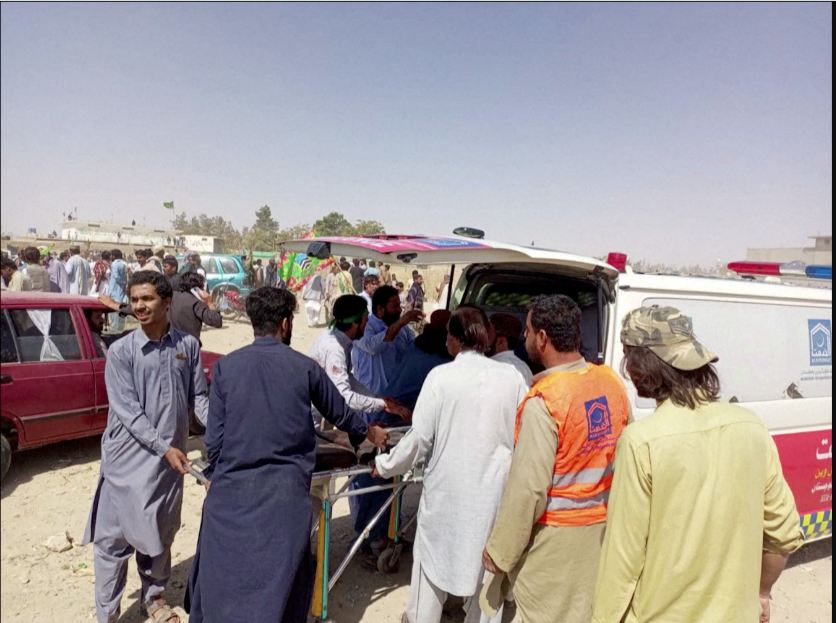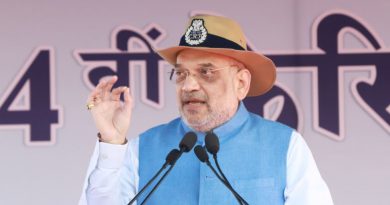Major attacks in Pakistan during 2023
Here are details of some of the attacks that took place before suicide bombings at two mosques on Friday for which no one has claimed responsibility.
Islamist militants have staged a series of attacks in Pakistan since last year when a ceasefire between the Pakistani Taliban, the Tehreek-e-Taliban Pakistan (TTP) and the government broke down.
Here are details of some of the attacks that took place before suicide bombings at two mosques on Friday for which no one has claimed responsibility. The TTP, whose stated aim is to impose Islamic religious law in Pakistan as the Taliban have done in Afghanistan, denied any role in Friday’s attacks.
January
A suicide bomber blew himself up inside a crowded mosque in a highly fortified security compound in the north-western city Peshawar on January 30, killing at least 100 people, mostly policemen, while 57 people were injured.
The attack was the deadliest in Peshawar since twin suicide bombings at All Saints Church killed scores of worshippers in September 2013, in what was one the deadliest attacks on Pakistan’s Christian minority.
The Jamaat-ul-Ahrar, a faction of the TTP, claimed responsibility for the bombing. TTP spokesman Mohammad Khorasani distanced the group from the attack, saying it was not its policy to target mosques or other religious sites.
March
A suicide bomber rammed a motorcycle into a police truck in southwestern Pakistan on March 6, killing nine policemen in Sibbi, a city some 160 km (100 miles) east of Quetta, the capital of Balochistan province.
Islamic State, which is fighting the Taliban in neighbouring Afghanistan, claimed responsibility for the attack, according to the SITE Intelligence Group.
April
Four people were killed and 15 injured in a bombing targeting a police vehicle in a marketplace in Quetta on April 10. In a successive attack, a station house officer (SHO) was targeted in a roadside blast in Quetta.
Separatist group the Balochistan Liberation Army (BLA) claimed responsibility for the attacks, which was the third attack in less than 24 hours on police in Quetta.
April
Two explosions in a counter-terrorism ammunition depot in the northwestern Swat valley killed at least 17 people, mostly policemen, and wounded over 50 on April 25. The valley had long been controlled by Islamist militants before they were flushed out in a military operation in 2009.
The valley police chief said experts visited the spot but did not find any evidence of a militant attack.
July
On July 31, At least 63 people died in a suicide bombing at a political rally organized by the conservative Jamiat Ulema Islam-Fazl (JUI-F) party, which is known for its links to hardline Islamists, but which condemns militants seeking to overthrow the Pakistani government.
The religious group was allied with the government at the time.
Islamic State claimed responsibility for the suicide attack, which compounded security concerns in the run-up to a general election expected in January. It was the most deadly attack to target a political rally since an election campaign in 2018.
August
Nine soldiers were killed when a suicide bomber on a motorcycle set off his explosives next to a convoy in northwestern Pakistan on Aug 31.


